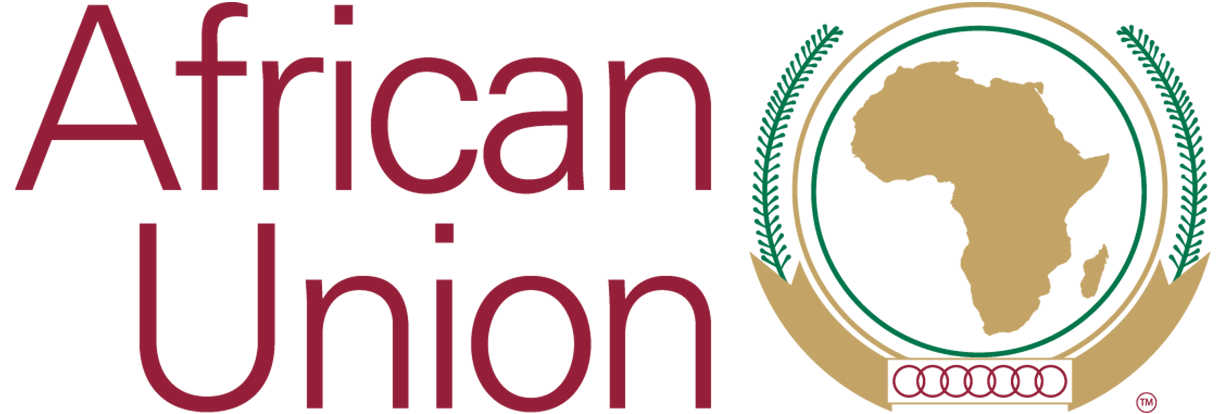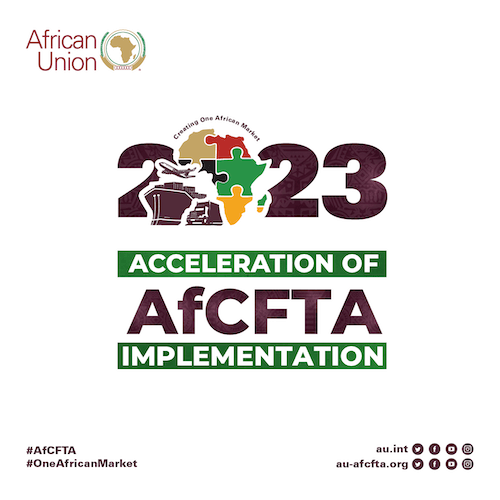At the recently concluded Africa CEO Roundtable Conference held at Expo 2020 Dubai by the African Union (AU), leading African executives and Captains of industry committed to continuing to partner with the AU, to best leverage from Agenda 2063 as the policy blueprint and framework to enhanced trade and investment across the continent.
The two-day meet, gathered more 57 leading industry executives from the African continent, diaspora as well as the The Gulf Cooperation Council (GCC). They gathered to exchange their best practice and experiences, as the role of the Private Sector in relation to economic development in achieving the aspirations of Agenda 2063 cannot be overemphasized.
Dr. Levi Madueke, AU Commissioner General for the Expo, emphasized that the gathering is an important platform to mobilize private capital that would drive mutually beneficial economic growth that addresses key African challenges and priorities including job creation, infrastructure development, and improved social services and thereby ensure prosperity for all.
He added, “2020 Expo Dubai offers the opportunity to demonstrate that private investment can invigorate broad-based economic growth while generating real returns for investors.”
“Africa is a resilient continent,”
Speaking in his role as the Acting Director for Industry, Minerals, Entrepreneurship and Tourism, Mr Chiza Charles Chiumya remarked that trade and investments have been billed as major keys in dealing with poverty and bringing about transformed and inclusive economies.
Chiumya said: “If well harnessed, they have the ability to deliver better livelihoods, through higher incomes, greater choices, and a more sustainable future for African people among other benefits, and thereby transforming their lives.”
The commencement of trading under the African Continental Free Trade Area (AfCFTA) promises to facilitate the growth of Africa's private sector, ultimately translating into a substantial growth of intra-African trade that has remained low for decades. By creating a unified single market of 1.3 billion people with a GDP of $3 trillion, the AfCFTA provides the mechanism for African countries to pursue industrialization, using the continental market as a platform for learning and perfecting products to compete effectively in global markets.
Mr. Rene Awambeng, Director of Client Relations at Afreximbank said: “As an organization, we have developed an African Trade Facilitation Programme (AFTRAF) through which provides LC confirmation 4 lines to African commercial banks in support of intra-African trade,”
“The Bank has on-boarded almost 500 (of the continent's 600) commercial banks and opened confirmation lines to nearly 100 of them. Our target is to open lines of $8 billion to these banks” he concluded.
Mr. Kola Karim, CEO of Shoreline Energy International noted: “this gathering was an exciting time for the African continent. Presenting an opportunity to build business by way of networking with likeminded leaders whilst aligning our works with the endeavors of the continents aspirations,”
Mr. Karim went on to say “the continent’s population is a youthful one and by the time we reach 2063, this continent will be very busy (economically) and what we are engaging in today; safeguards that. Using technology and innovation to support the continent in building a viable population that will continue to sustainably support itself.”
Speaking on the influence of the AfCFTA on international investments, Mr. Zemedina Negatu, Global Chairman of Fairfax Africa Fund re-emphasised Africa’s forecasted global economic control.
“By 2050, we anticipate that the population will reach 2 billion and the continent’s $3 trillion GDP will rise to $5-6 trillion by 2050 - growth in multiple economic spheres - growth that will propel the continent forward. Empowering it to manufacture proudly African products whilst processing its own resources; and because the population will be there, the supply and demand will not be an issue.”
The AfCFTA Agreement goes beyond a classical free trade area, which only focuses on reduction of trade tariffs. The Agreement also focuses on Trade in Services, and its second phase, will cover Investments, Intellectual Property Rights and Competition Policy, and e-commerce. These elements are crucial in creating a favorable environment for both trade and attracting investments.
You can catch-up on the two-day Africa CEOs Roundtable Conference, here: Day one. Day two.
The public, media and all other interested parties can keep up-to-date with the latest out of Dubai as well as get all the necessary information surrounding the AU activities or events by visiting the official AU at Expo 2020 website: https://africaexpo2020dubai.au.int/en
For further information please contact:
Mr. Lunga Kupiso, Public Relations & Media Officer - AU at Expo 2020 | Information and Communication Directorate | African Union Commission Tel: +251 115 517 700 | E-mail: auexpomedia@africa-union.org | Addis Ababa, Ethiopia
Ms. Faith Adhiambo, Media & Communications Coordinator - AU at Expo 2020 | Information and Communication Directorate | African Union Commission Tel: +251 115 517 700 | E-mail: ochiengj@african-union.org | Addis Ababa, Ethiopia
Information and Communication Directorate, African Union Commission I E-mail: DIC@africa-union.org Web: au.int | Addis Ababa, Ethiopia | Follow Us: Facebook | Twitter | Instagram | YouTube




